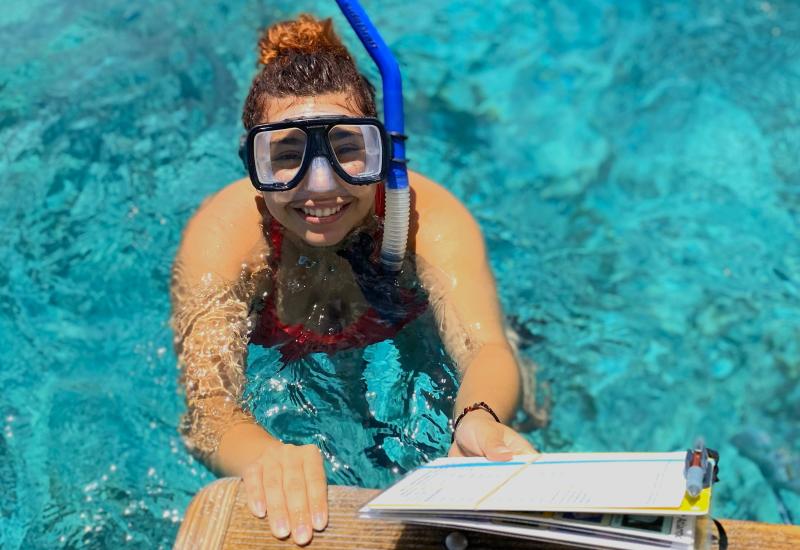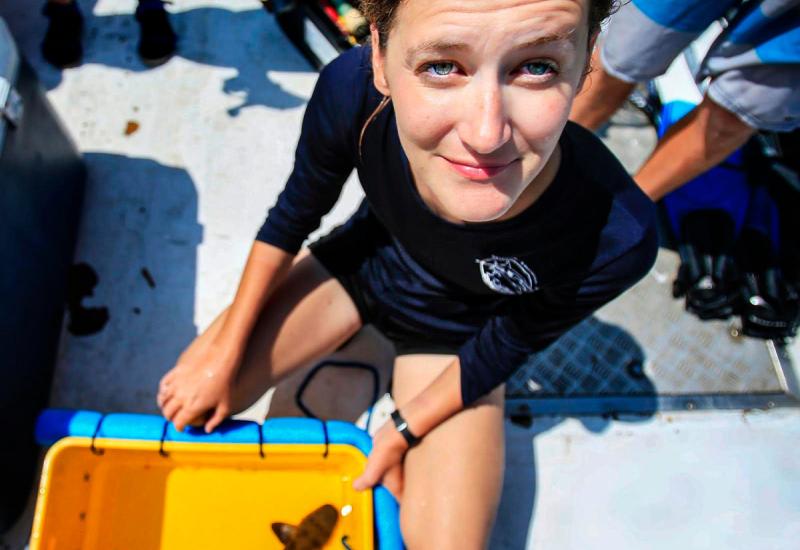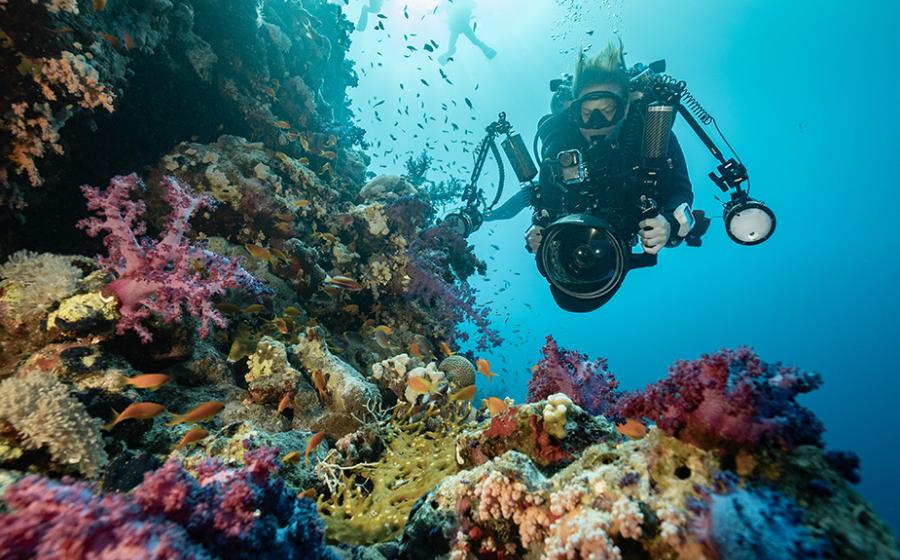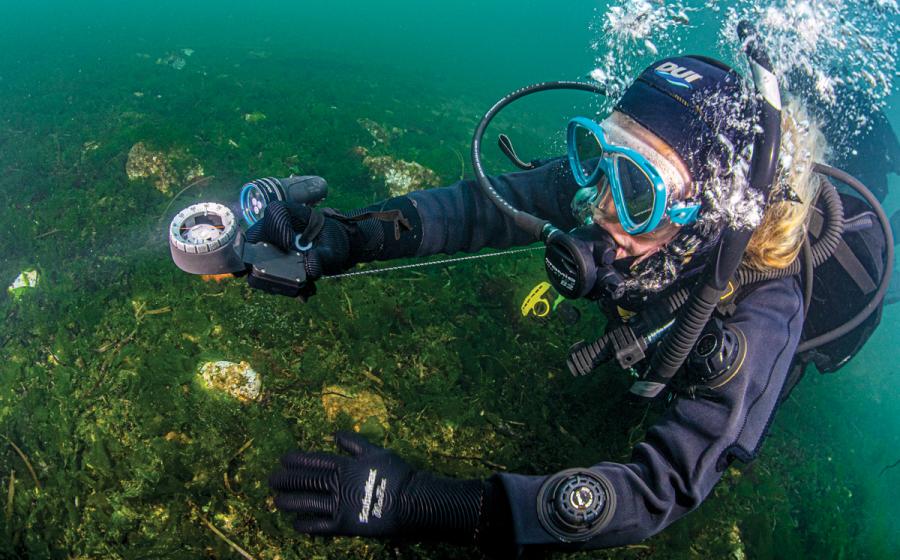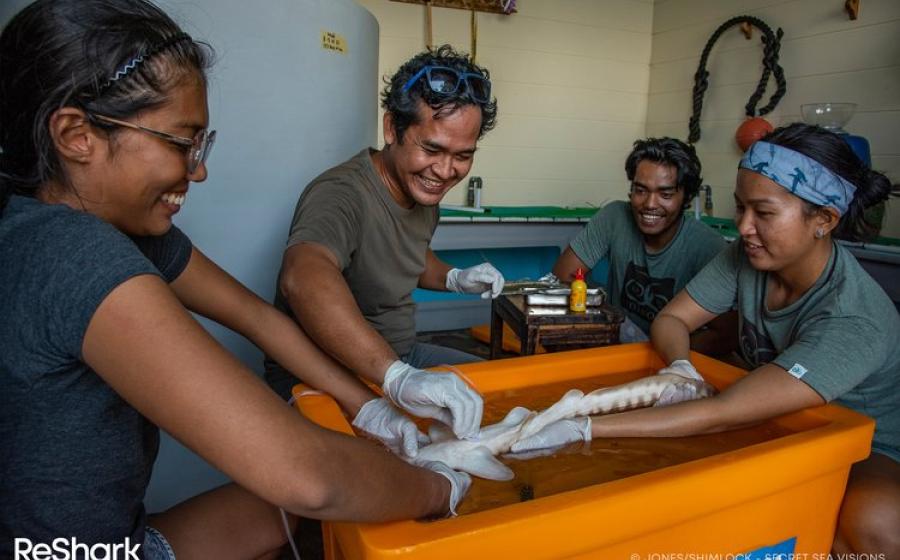Organizations Divers Should Know: The International Seabed Authority
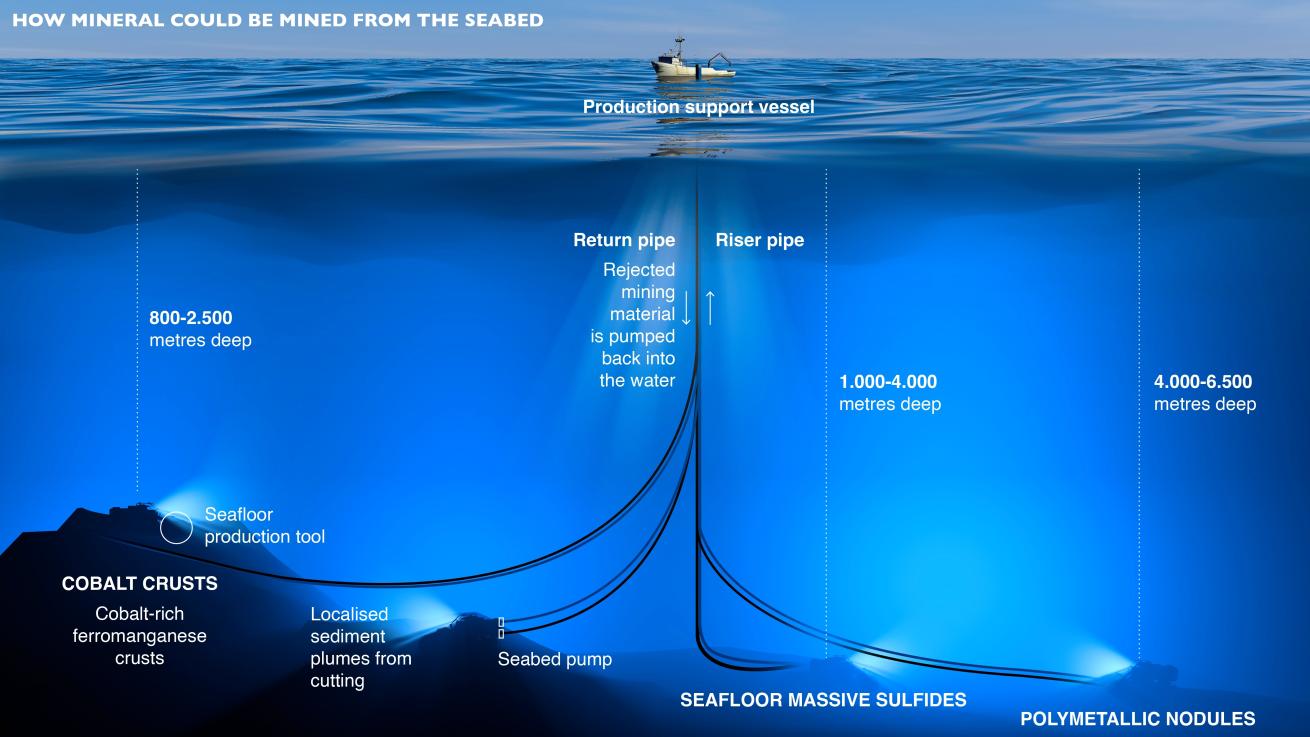
Shutterstock.com/[Naeblys](https://www.shutterstock.com/g/vampy1)Graphic of how mineral could be mining from the seabed.
There’s been much discussion in ocean conservation circles about the threat of deep sea mining. The deep sea is a fascinating, sensitive, and poorly studied ecosystem, and destructive mining practices can cause all sorts of harms. Mining will directly damage the seafloor and kill countless animals that can’t move out of the way, while dumping the mining waste will pollute the ocean. So you might be wondering who exactly is in charge of this, why they’re letting it happen, and what you can do about it.
The answer to the first part of that question is The International Seabed Authority, or ISA, which is a body of the United Nations, controls any mining that takes place in waters past any country’s jurisdiction. That’s notably about half of the seafloor.
The ISA is associated with the United Nations Law of the Sea, which means that any country who has signed that treaty (which does not include the United States) can vote on issues related to deep sea mining. The United States and environmental groups have “observer status,” which means they can be part of the conversations but cannot vote. A lot of the actual work happens at the level of an expert appointed group called the “Legal and Technical Commission.”
So why are we moving forward on deep sea mining, which poses a significant threat to these habitats? The answer is simple: the deep sea has lots of mineral wealth, and companies and countries want it. Some of it is used in electronic devices and especially in electric car batteries, which there’s about to be a lot more demand for. (Some car makers have said they will not source minerals for their electric vehicles from deep sea mining.)
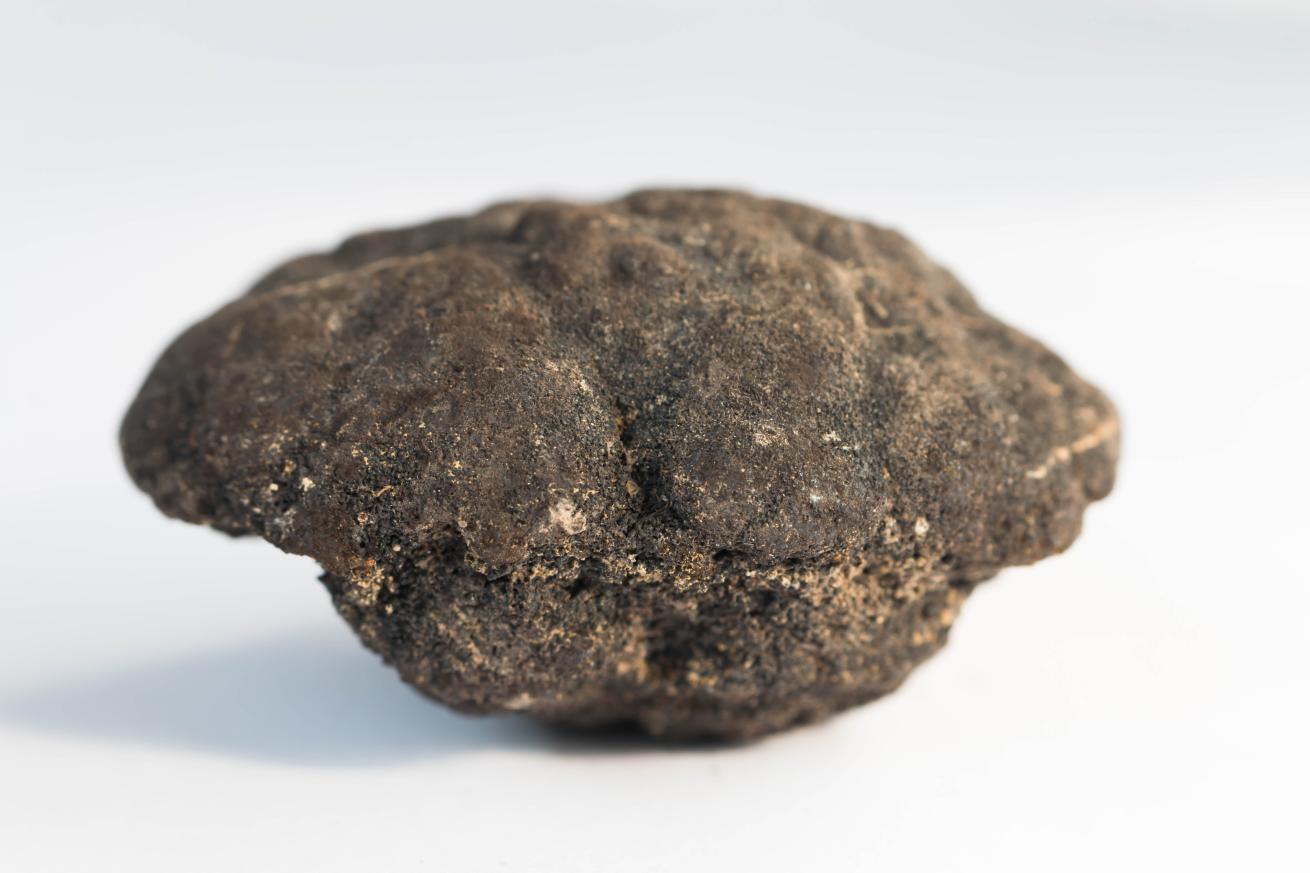
Shutterstock.com/[V.Gordeev](https://www.shutterstock.com/g/MonumentalArt)Polymetallic nodules from 5000m depth of Pacific ocean.
What can we do about it? Well, depending on where you live, you can petition your national government to vote at the ISA to stop deep sea mining. But for most people, your best bet is to support some of the great environmental non-profits already working in this space. One such group is the Deep Sea Conservation Coalition, which is a team of over 100 groups who have been working to save the deep sea from mining for more than 20 years. “The ISA will launch a vast extractive industry in one of the planet’s last great wildernesses,” says Sian Owen, Director of the Deep Sea Conservation Coalition. “Citizens should put pressure on their governments to uphold their commitments to ocean protection and sustainable management. As consumers, people can support the companies which have already ‘pre-divested’ from minerals that one day may come from the deep sea.”
Another way to get involved, which would be more time-consuming but more powerful, would be to create your own organization that has observer status at the ISA. “Deep sea minerals are, according to treaty language, the common heritage of all humankind,” says Dr. Andrew Thaler, a deep sea conservation ecologist and the former editor-in-chief of the Deep Sea Mining Observer. “That means that the resources belong to you and me, and to Ukraine, and to South Korea, and to Ghana, but also to future generations—and there are no groups now representing future generations at the ISA. A youth-focused observer group, perhaps the ‘deep sea minors,’ could be a great way to get involved.” Thaler also notes that new electric vehicle battery tech development should focus on using minerals that don’t require sourcing from the deep sea.
SCUBA divers wishing to learn more about the ISA, their annual meeting, and some of the conservation organizations involved can follow the ISA and the Deep Sea Conservation Coalition on social media. The latter organization shares news from a variety of stakeholders and experts.

Courtesy ImageDavid Shiffman
Dr. David Shiffman is a marine conservation biologist specializing in the ecology and conservation of sharks. An award-winning public science educator, David has spoken to thousands of people around the world about marine biology and conservation and has bylines with the Washington Post, Scientific American, New Scientist, Gizmodo and more. Follow him on @WhySharksMatter on Twitter, Facebook and Instagram, where he’s always happy to answer any questions about sharks.
The views expressed in this article are those of David Shiffman, and not necessarily the views Scuba Diving magazine.

.jpg?itok=bd_Jvz2Y)
